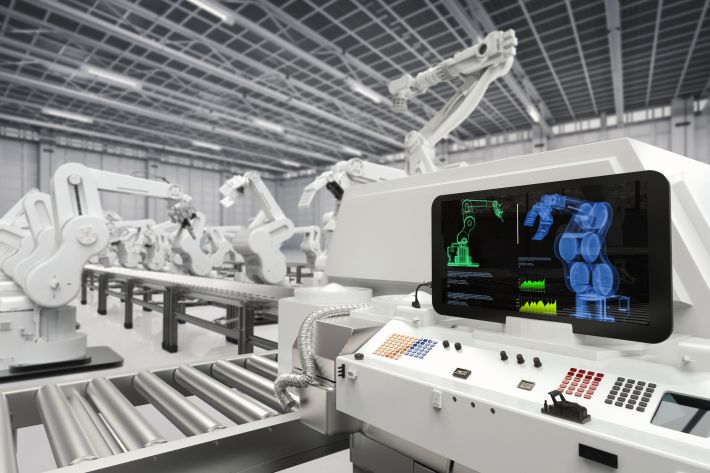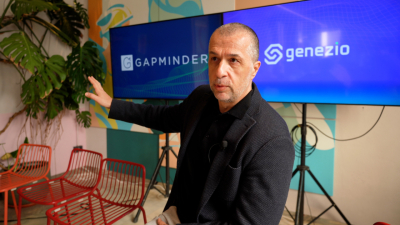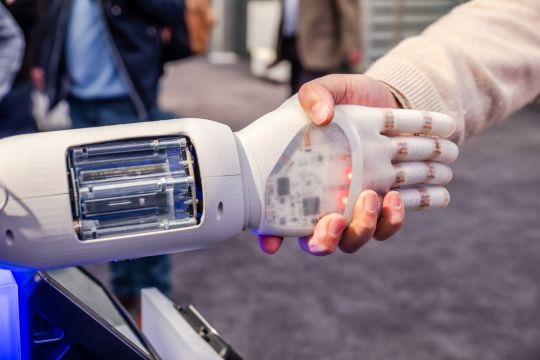The share of employees across the globe who have seen their roles change following the implementation of intelligent automation solutions continues to rise and reaches 34%, compared to 23% in 2020 according to the latest edition of Deloitte Automation with Intelligence survey, conducted in 34 countries, including Romania.
The study also shows that the level of support towards the implementation of intelligent automation strategy increases with the hierarchy levels in the organization. Thus, workers are the least supporting stakeholder group, with only 11%, followed by managers and team leaders (19%) and C-suite (39%). As far as the attitude of different departments in the organization is concerned, IT experts show moderate support (27%), while the risk function remains the least supportive for intelligent automation (8%).
Citește și:
The report highlights that the adoption of citizen-led development model, a framework that encourages non-IT employees to use IT-sanctioned low-code/no-code platforms to develop low complexity automations within their function, might help organizations keep their employees engaged with the process of transformation through intelligent automation. Even though this model is a new concept, 59% of organizations which implement or scale intelligent automation solutions are already implementing it or planning to do so in the next three years. Not only that citizen-led development model empowers employees to create new task-based automations for their own use, but it also supports talent retention, according to more than half of all organisations (57%) already implementing it. Also, two thirds of the companies planning to use this new model in the next three years expect it to raise retention rates.
Citește și:
“Companies’ senior management teams are driving the development of roadmaps using an end-to-end automation approach to improve and optimize key business processes, but at the same time they are being proactive in communicating towards their organizations. They are making talent part of the automation conversation, in order to overcome the resistance to change, one of the top barriers when scaling intelligent automation, according to the study,” said Vladimir Aninoiu, Technology Director withing the consulting practice of Deloitte Romania.
This year’s edition shows that intelligent automation technologies hit the mainstream, as 74% of respondents said that they were already implementing robotic process automation (RPA) solutions and half of them, optical character recognition (OCR). The report highlights that back in 2015, only 13% of organizations planned to invest in RPA. Additionally, solutions using artificial intelligence (AI) are the next most desirable emerging technology (46% of respondents), followed by process mining and monitoring (43% each).
Citește și:
Cost reduction is the top benefit indicated by organizations which are adopting intelligent automation, as they expect to cut costs by 31% on average over the next three years, up from 24% in 2020, followed by increased revenue, as respondents estimate an advance of 24% over the next three years, up from 15% in 2020.
The top barrier that organizations face in order to scale intelligent automation is process fragmentation, the challenge that organizations have been struggling with since before the pandemic, which is expected to remain at the top of the barriers list for at least the next five years. Next on the list are the lack of clear vision (22% of organisations) and of an enterprise-wide intelligent automation strategy (41%), followed by the lack of IT readiness and resistance to change.
The latest edition of Deloitte Automation with Intelligence survey explores the evolution of intelligent automation technologies and their impact on organisations and workforces. The survey was conducted globally on over 470 executives, among which heads of automation, operations directors, chief human resources officers and customer centre heads.
Citește și:
Photo: Dreamstime












